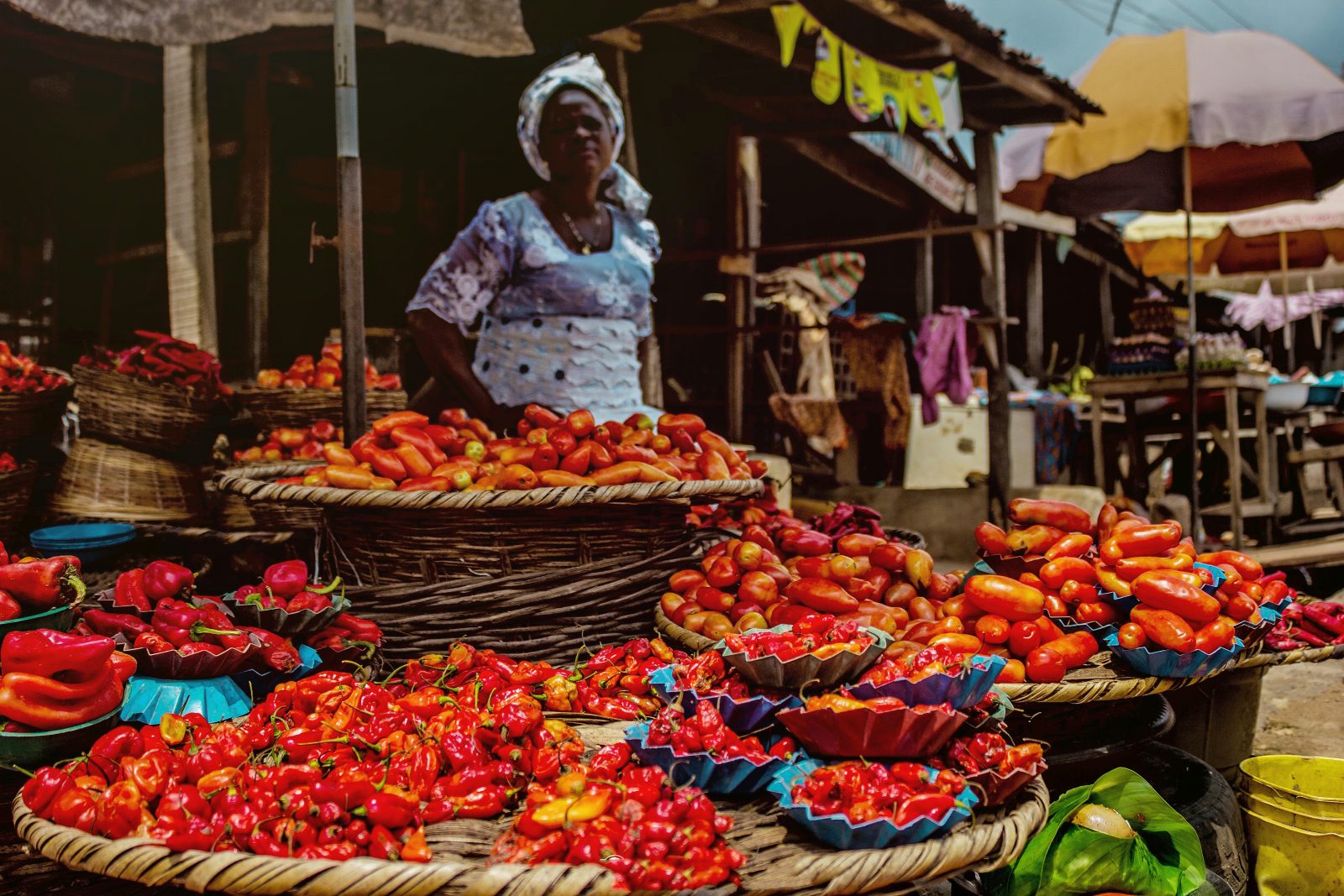As a countryman, you get used to the high prices of real estate, irregular power supply, engineering defects in public roads and infrastructure, social ills, human rights abuse and bad governance but the littlest Nigerian issue which you can never get used to and cuts across all social circles is the rise in food produce price. Food is the most basic amenity for sustenance of human life, its scarcity or price instability make citizens worry and question the essence of government in fostering food security.
Nigeria’s food price problem, a recurring social and economic issue took a sordid turn in the third quarter of 2019 when Hammed Ali, the Comptroller General of Customs, ordered the closure of all land borders into Nigeria, with President Muhammadu Buhari’s support. In October 2019, the president directed that the land borders remain closed to forestall the smuggling of rice and other products.
The Nigerian Bureau of Statistics (NBS) data on Selected Food Prices Watch for July, a month before the border closure, showed that month-on-month price of 1kg of produces (egg, beans, beef, bread, rice, chicken, milk, garri, yam, tomato, onions, fish, maize, and plantain) reflected between 10% decrease to 5% increase in price. By September, these products hovered between 3% decrease to 7.5% increase in price. The increase in prices of food produce pushed Nigerians living below the poverty par into extreme hunger and disrupted the livelihood of many whose revenue are tied to the food supply chain.

Image by Omotayo Tajudeen
Food inflation in Nigeria moved from 13.3% in July 2019 to 15.03% in April 2020 and the current overall inflation rate stands at 12.34%, a resultant effect of food inflation caused by border closure and COVID-19 pandemic. Fluctuation in food prices reduces economic growth and development as it weakens the purchasing power of citizens and redirects savings and investments to consumption.
The food supply chain in Nigeria is weak and unreliable. An over-reliance on imported food or processed foods is also a worrisome reality.
Indisputable, countries cannot produce all its citizens’ food needs but importation of products share a huge chunk in Nigeria’s food supply, creating a noticeable imbalance for the farmers and retailers. Another glaring truth is that the supply chain problem starts from grassroots – the farmers – and successive administration’s inability to implement policies that will ensure farmers produce more and become the bedrock for food production without over-reliance on imports.
Recently, the federal government obtained a loan to provide farmers with tractors, equipment, and other inputs; but like other such projects, there are concerns about implementation and sustainability. The seeds program implemented by government to benefit farmers continues to put them in debt due to lack of a continuation plan that protects the farmers.
Another food chain problem was witnessed during the stay-at-home order. Grains that the president ordered to be released from the nation’s silos could not feed two percent of its two hundred million population. Lagos and Kebbi states’ (LAKE) rice initiative has become a political tool, rather than economic; they are only available during political campaigns or festive periods and its distribution channel is along political lines.
After the country’s border closure, food supply chain got hammered badly as local rice and other local produce did not hit the mainstream market till November, causing scarcity and hike in price. Nigeria’s climatic condition doesn’t favour the cultivation of foods such as apples, and even produce such as chicken, wheat, rice, sugar, etc. are imported to meet surplus demand. The border closure therefore put government in the wrong as it has negatively affected food prices within Nigeria and overall trade activities along the Gulf of Guinea.
To create a balanced food supply chain, the Nigerian government needs to take initiative by implementing policy plans that gives farmers easier access to seed, fertilizers, machinery and more creditworthiness.
Even with initiatives like N-Agro aimed at making youths take up farming as a profession, there is a need to implement distribution plans and market for their harvests. COVID-19 has disrupted all sectors of the economy, including agriculture. However, this should be a break in the chain needed by the sector to rewrite history and combat food scarcity, hunger, and poverty.


